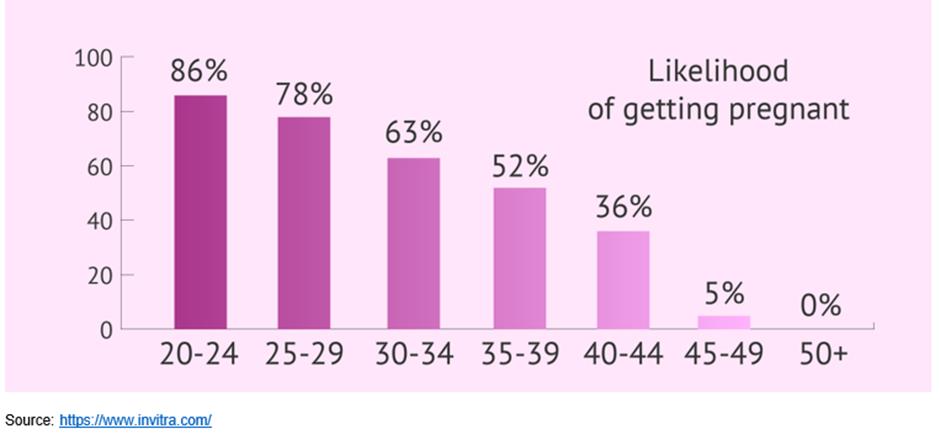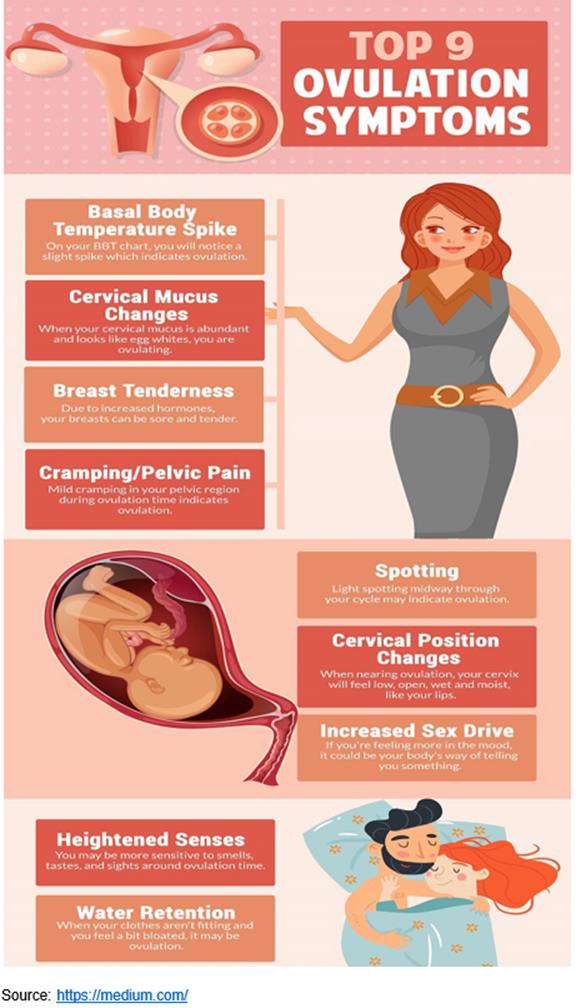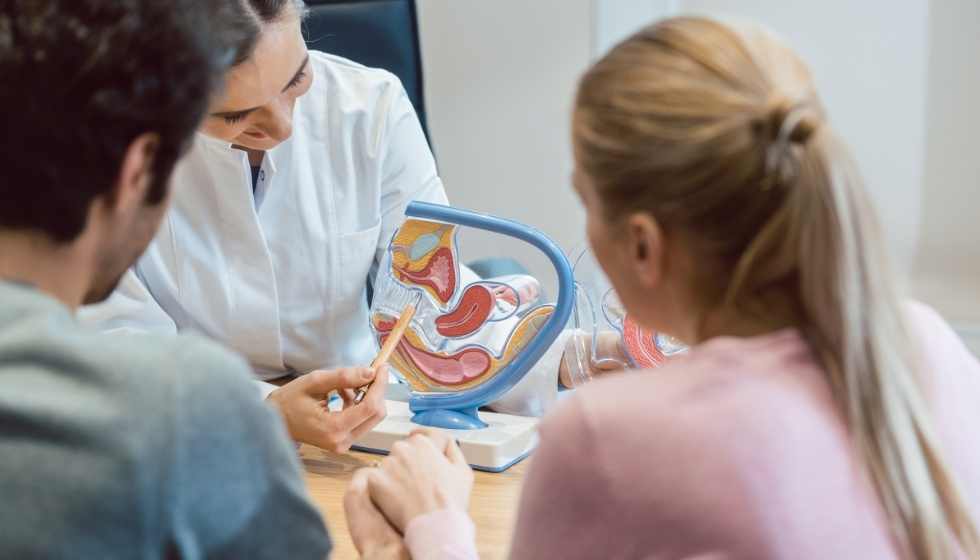
Are you one of those career-oriented couples who believe that to give a wonderful childhood to your ward, you need to be economically and professionally settled first and enjoy a bit of life before dedicating your time, money, and energy to your offspring?
As responsible as it sounds, you never know when or how this will get established. But what you need to know is that you are definitely in a race against your biological clock. Yes, it’s ticking away, and the more you delay, the more impaired your fertility is.
But this is no reason to stress beyond necessary. It is well known and accepted as a new norm in society that people get married late. Should they choose to become parents, assisted reproductive technology will come to their rescue if they fail to get pregnant naturally. Consult with the IVF specialist Dr. Hrishikesh Pai who is leading Babies & Us IVF Centre Mumbai. He is considered the best IVF doctor in Mumbai for his experience, pioneering, and success in the field of IVF and more.
In the article below, he explains why you need to be aware of your biological clock and what measures you should take if you are looking forward to becoming proud parents someday.
How does a Woman’s fertility cycle work?
A woman at birth is gifted with a lifetime supply of about 1 to 2 million eggs. By the time she reaches puberty, only 300,000 remain. And it continues to deplete with age.
A large supply of eggs does not reach full maturity since the maturity of an egg happens in 2 phases.
In the first phase, about 1000 eggs begin to mature. The second phase needs gonadal hormone to stimulate further development, which is not possible before puberty. Even if a woman has attained puberty, out of the 1000 eggs that begin to mature, only 1 will dominate to achieve full maturity to ovulate and fertilize. The rest wither away.
With age, this supply of eggs is depleting, and so are the chances of coming across that dominant egg.
So we use this knowledge given above and categorize a woman’s fertility in her life span into decades. This will help you analyze where you are and what are your chance of natural fertilization, and your success with IVF.
Let your body guide you to know when is the right time to try and conceive.
The early 20’s:
A woman is at the peak of her fertility in the early twenties. By the age of 24, you stand a good chance of conceiving naturally without much-intended effort.
.
25 to 30
While you may be able to conceive by trying for a year since the fertility has gone down by 10 percent, you may still encounter a chance of miscarriage. But let this not discourage you because you still stand a good chance of conceiving again. The age up to 34 is still favorable for conception.

30 to 35
In the early 30s, the chance of you losing the baby to early miscarriage goes up to 20%, but it is still on the positive side since 80% is an excellent probability of mothering a child.
To tackle the 20% chance, consult your gynecologist and soak in all the instructions.
35 to 40
The fertility declines further, and so does the fitness of your reproductive organs. This is the age when you should consider visiting an IVF specialist such as Dr. Hrishikesh Pai himself. Even if you don’t wish to conceive now, you can still opt to get your eggs frozen for future use because the quality of eggs is also going down with age.
Post 40
The quantity and quality of your eggs have depleted to increase your chances of miscarriage, premature birth, or other complications. The chromosome composition of the eggs is abnormal in this stage, and frankly speaking, many of you might even be pre-menopausal, where the chances of conception are as low as 5 to 10 %
Takeaway:
Hello men, please note that although we have spoken only about women and their fertility today, you are also sailing in the same boat. But that issue we will discuss some other day. But do take a word of advice. Get your sperms frozen if you need time to think about becoming a parent.


